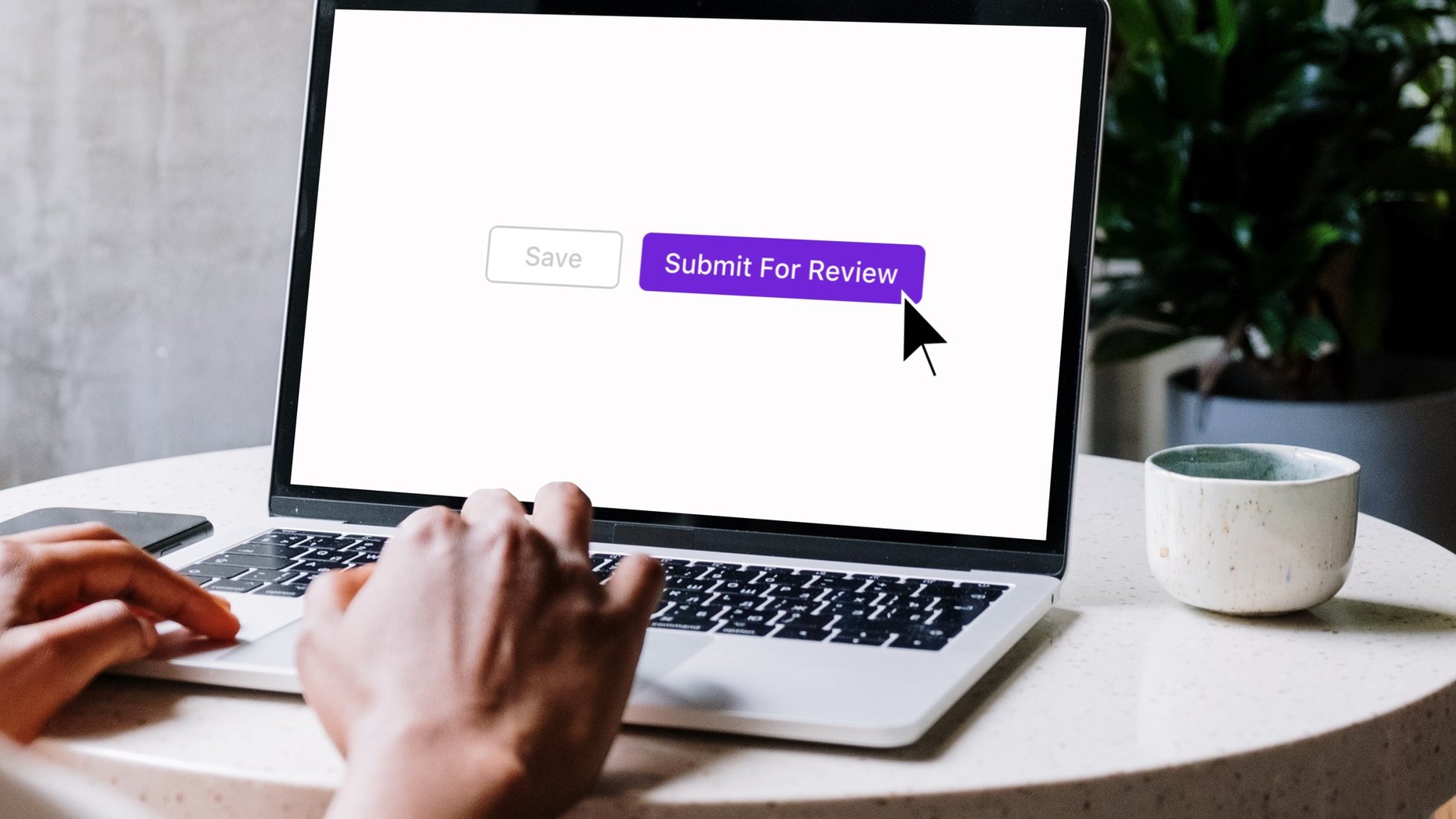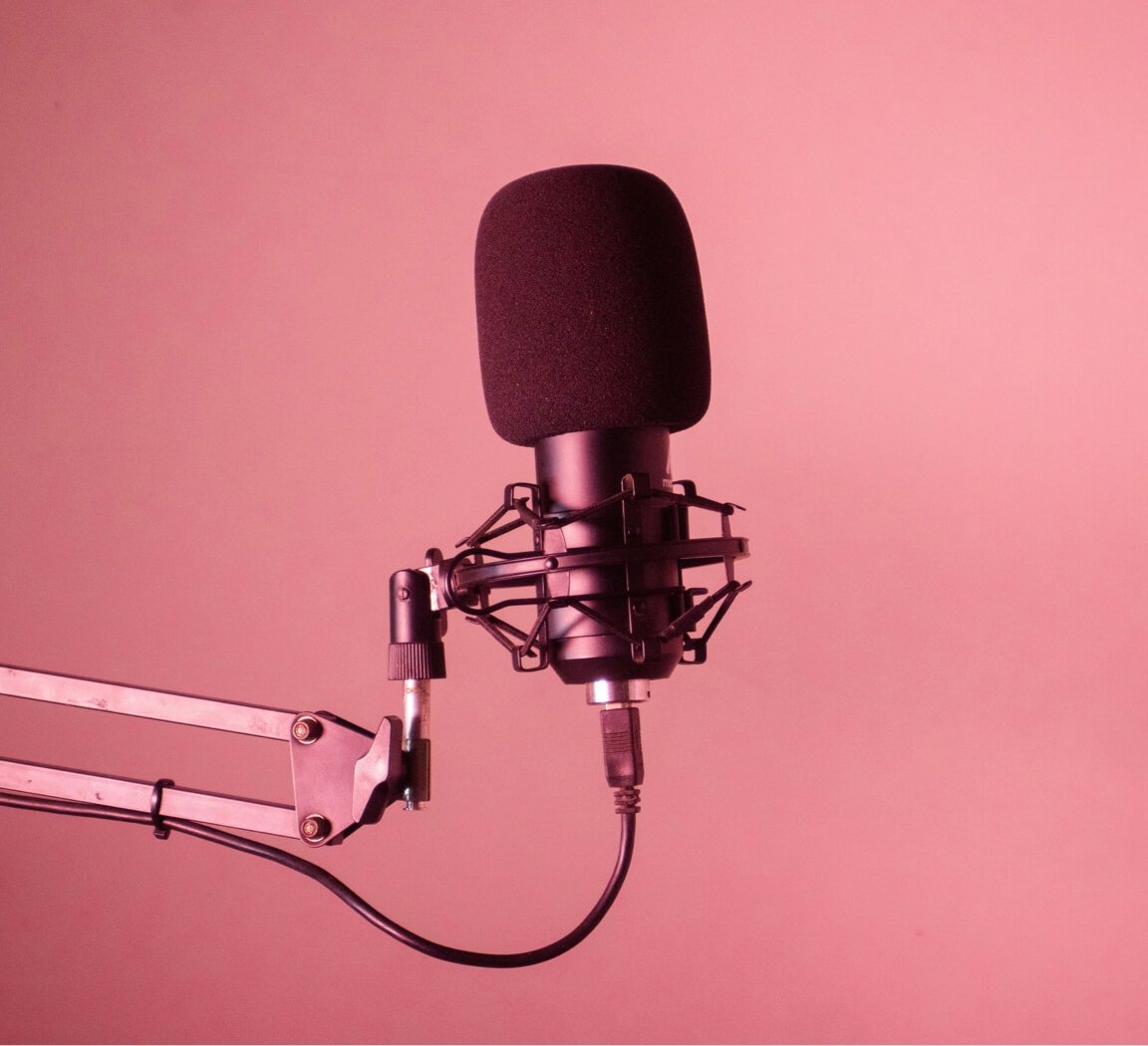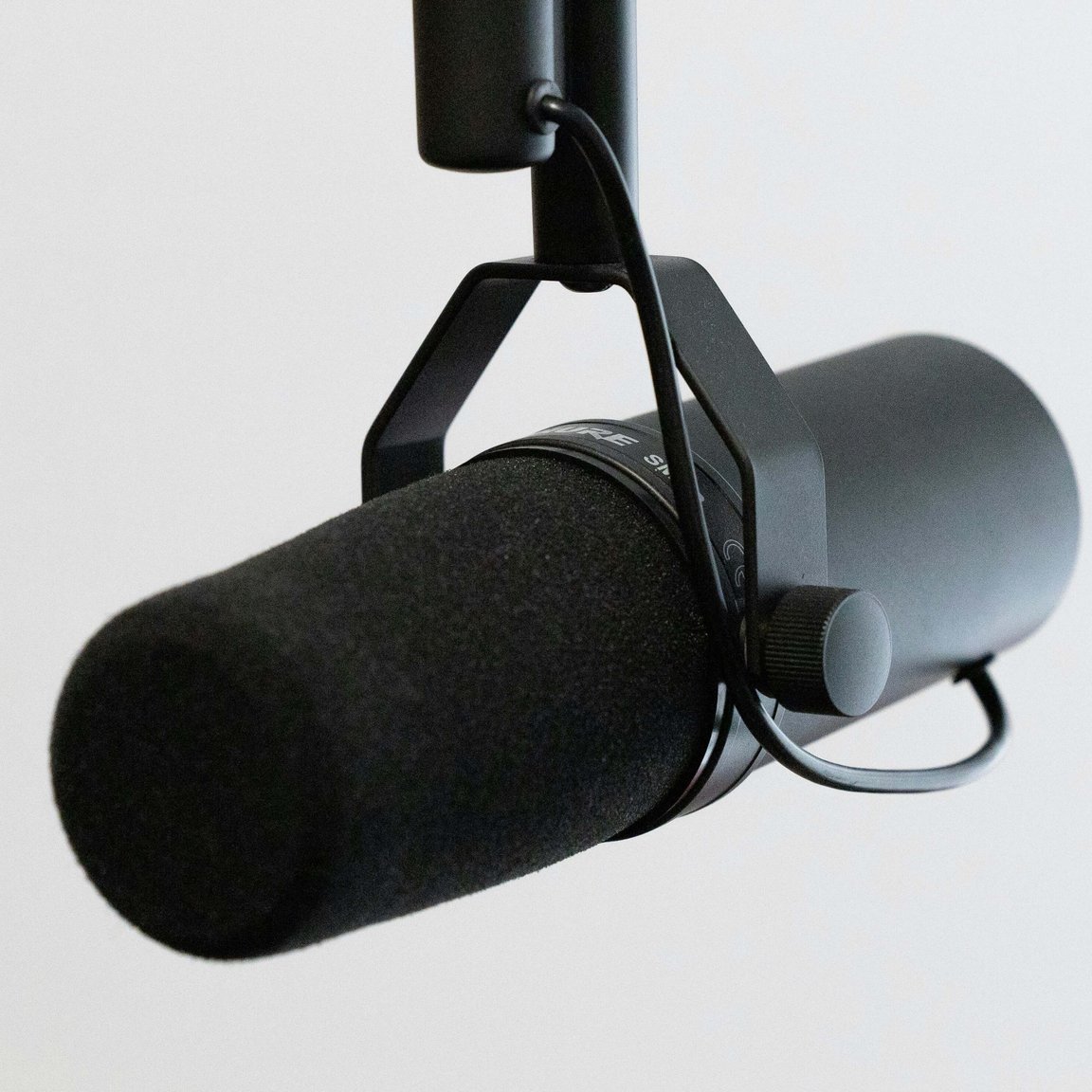Let’s assume you have an MP3 file ready to upload, and you want the world to hear it. If you want your show played in apps like Apple Podcasts and Spotify, there are some concepts you’ll need to know about first, but we can do this without a bunch of complex jargon, pinky promise.
What is a podcast, really?
A podcast is a series of episodes, usually audio, but sometimes video, that drop at a certain point in time. That could be all at once, Netflix style, but more commonly they come out regularly (eg: weekly). You can upload a bunch of episodes ahead of time, and they’ll only come out when you say they should.
Remember, “podcast” refers to your whole series of episodes, just like – despite the common misconception – “blog” means a series of blog posts , not an individual post. If you’re announcing episode 20, you haven’t just “uploaded a new podcast”, you’ve uploaded a new episode, just as if you were on blog post 20, you haven’t “written a new blog”. OK, pedantry over.
Each episode has a title, a publication date, a description and a media file, which is usually your MP3 file. The stuff outside of that MP3 file is called metadata, which loosely means information about stuff, the “stuff” in this case being your MP3.
In order for podcast players to know when new episodes of your podcast are available, we use a podcast feed, which is a document written in a language designed for humans and computers to read and edit, that tells apps and directories about your show and where to find each episode. Every time you publish a new episode, that document gets updated automatically for you by your podcast hosting provider (we’ll get to that in a bit). It has the title, publication date, description, and other metadata, as well as a link to your MP3 file. Podcast players check that feed document regularly to see if there is a new episode available, in which case they download it or notify the listener.
Because any human or computer can read a podcast feed document, anyone can make a podcast, anyone can make a player, and anyone can create their own directory. At the time of writing, Apple Podcasts is still the de-facto primary directory, closely followed by Spotify, but an increasing number of web and Android developers along with bitcoin enthusiasts are using the Podcast Index, which launched in 2020 and was founded by one of podcasting’s initial inventors, Adam Curry.
What’s not a podcast?
YouTube shows often get mistaken for podcasts, which is completely reasonable since they feel like roughly the same thing. Plus, lots of podcasters upload their episodes to YouTube, and increasingly people report that YouTube is one of their favourite places to listen. However, YouTube is not a podcast hosting provider and it doesn’t use the feed format we looked at in the previous section, so if you only distribute your show via YouTube, it cannot be played in Apple Podcasts, Spotify or any other podcast player, even if you’re just uploading audio and adding an image. If you want your podcast to be available in YouTube as well as podcast players, that’s a separate step we’ll cover to in another article.
Podcast hosting
Podcast hosting
- gives you a content management system where you can upload your file and add your metadata
- keeps your MP3s online and tracks how many people have downloaded them
- produces and hosts your podcast feed (the document that describes your show and points to the episode files)
- helps you submit your podcast feed to apps and directories
Eo elaborate on the second point: podcast hosts can give you some basic info about who downloaded your episode audio, such as the type of device they used (iPhone, PC, smart speaker, etc) and the player (Overcast, iTunes for Windows, Alexa), and a guestimate of the listener’s location, based on their IP address (this really is only a guess, as IP addresses aren’t reliable ways of keeping track of location).
As mentioned in point 4, some podcast hosts can help submit your podcast to directories on your behalf, but it’s not a bad idea to do it yourself, since that puts you more in control of your content (we’ll get to that shortly).
Which podcast host should you use?
Ultimately, this comes down to the features you want, and what you prioritise. Your podcast should have a website, for example, so does your host give you a decent-looking site, or are you happy to handle this yourself via Squarespace? You won’t know how many listeners you’re going to have to begin with, so you might want to pick a hosting provider that’s got a reasonable pricing structure which space to grow.
You can host your podcast for free, but if you do that, you’re putting your content in the hands of a company whose priorities don’t match yours. Free hosts either need to make money from your content – which means you might have to agree to put ads in places you don’t want, or to advertise things you don’t want to advertise – or are willing to lose money until they’re acquired by a larger corporation, or go bust. Anchor is a safe bet right now, but their priority is Spotify’s market share, rather than growing your audience. A paid host will prioritise your show’s growth because, as your show grows, you have more downloads, which likely means you’ll need to start paying them more. And they won’t want to lose your business to a competitor, so they’ll work harder for you (or at least, they should).
A handful of services have been around for a long time, and in some cases they show their age, so look for screenshots when making a choice, if ease-of-use and efficiency are important to you.
To help you make an informed decision on podcast hosting, check out the Podcode podcast hosting comparison tool, which helps you pick between hosts known to provide a solid service.
Once you’ve choose a podcast host, you don’t want to be stuck with them forever, so make sure to read their FAQ section to find out how to move or migrate your feed to another provider. We’ll cover that in a future article, but for now just know that you want to pick a host that makes it easy to move away to another service, if you need to, and preferably without you having to contact their support staff. All of the hosts reviewed on Podcode allow you to migrate away to another service, so this caveat only applies if you’re going outside that list of recommendations.
Why not host your podcast yourself?
Podcast hosting is, after all, just about keeping some MP3s and a handful of other files online, so if you have your own website, why not host a podcast yourself?
You can use Squarespace to do this, but since it’s not built for podcast hosting, it doesn’t have the features you’ll need, and its analytics are harder to navigate. If you host your podcast elsewhere however, Squarespace and Wix are great choices for creating podcast websites, a topic we’ll cover in more detail in a future article.
WordPress is also not a bad option for self-hosting your podcast. The Seriously Simple Podcasting plugin is clean, clear and simple, allowing you to upload your audio and even host multiple podcasts on the same WordPress website. It’s owned by a podcast hosting company, and you can choose to use their hosting if you like, but you can just host your MP3s yourself.
Be aware though that if you do host your own MP3s, your bandwidth costs are likely to fluctuate, especially if you have a wildly popular episode. Hosting providers aggregate the bandwidth cost for you, so you’ll probably pay much less than if you were to host a popular podcast on a WordPress site, since your WordPress host will charge you a few cents for every x seconds of audio downloaded. If an episode of your show goes viral and your download numbers spike, a third-party host might notice that and may ask you to upgrade to a higher tier, but they won’t cut you off or charge you an exorbitant fee without consultation. The same can’t be said if you host the MP3s yourself.
Also, consider whether you want to be responsible for all the other technical stuff necessary in keeping a podcast online, like correctly counting the downloads, keeping a copy of your feed document in memory so your server doesn’t overheat when lots and lots of apps start regularly checking it for new episodes. You’re already doing the work of making a podcast; do you want to add IT support to that workload? Probably not.
Submitting your podcast to apps and directories
Once you’ve chosen a podcast host, uploaded your MP3 and added some metadata, your host will give you the web address of your podcast feed (it might looks something like https://feeds.mypodcasthost.com/mypodcast/rss), which you can submit to Apple Podcasts, Spotify, and the like.
But why do we need to “submit” anything? Well, while YouTube is the single source of truth for all YouTube videos, there is no such place for podcasts. The Apple Podcasts directory powers the Apple Podcasts app as well as others like Overcast, but many others maintain their own directories, like Podcast Addict and Pocket Casts. Then there’s Spotify, Google Podcasts, Amazon Music, Stitcher, TuneIn, and more.
But don’t be daunted by the long string of names. Submitting your feed is a free, one-time process, and it doesn’t take long. Once these apps have your feed document, they’ll keep checking it regularly to see if you’ve uploaded anything new, so you don’t have to do anything special each time you upload a new episode to your hosting provider.
Most directories will list your podcast within minutes and give you a link you can add to your website that points directly to your show within that app. However, your show won’t be searchable by name for a day or so, as it takes longer for search indexes to update. It’ll take still longer before your podcast is found on google.com (which is separate from, but influenced by the Google Podcasts directory). The best way to accelerate this process and make your podcast searchable in Google, Bing, and other search engines – yes, other search engines exist! – is to have a great podcast website. Again, a topic for another article.
Here’s a list of everywhere you can submit your podcast, along with step-by-step instructions.




